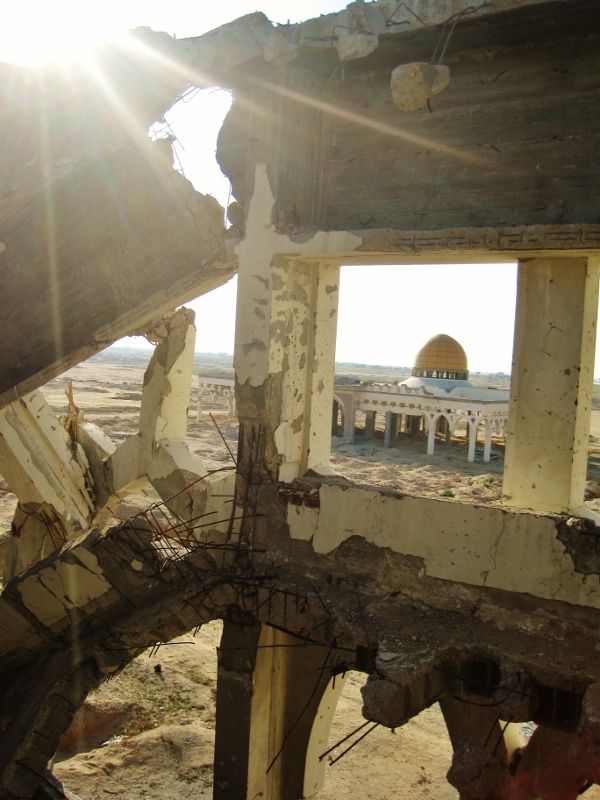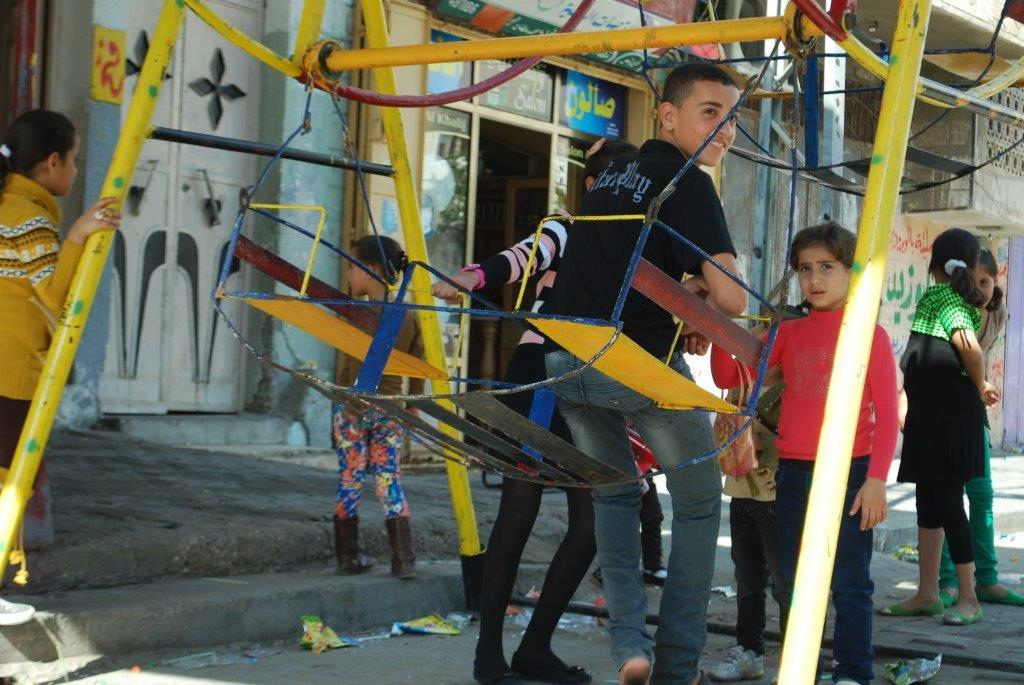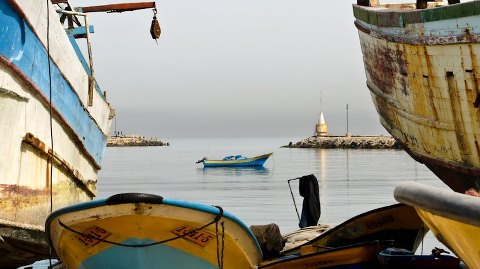Tag: Fishermen
-
The Gaza Strip is closed and more besieged than ever
18th October 2013 | 3deVuit, Maria del Mar Fernández | Gaza, Occupied Palestine Israel continues to maintain a full, tight closure by land, sea, and air, on the only coastal enclave left to Palestine. This has become even worse since July, as the Egyptian government closes the Rafah crossing on a regular basis and has destroyed many…
-
Photos: Eid al-Adha under the Gaza siege
18th October 2013 | International Solidarity Movement, Charlie Andreasson | Gaza, Occupied Palestine It’s Eid al-Adha, the festival commemorating Ibrahim, or Abraham as the Christian part of the world knows him, and his willingness to sacrifice his son. He never had to do it, and none of the three monotheistic religions are associated with human sacrifice,…
-
Palestinian fisherman injured and his finger amputated as Israeli naval troops fire at fishing boat in Gaza sea
21st September 2013 | Palestinian Centre for Human Rights | Gaza, Occupied Palestine On Wednesday, 18 September 2013, a Palestinian fisherman was injured and consequently one of his fingers was amputated when Israeli naval troops opened fire at Palestinian fishing boat on board of which 5 fishermen were sailing nearly 6 nautical miles off Gaza Harbour. The…



